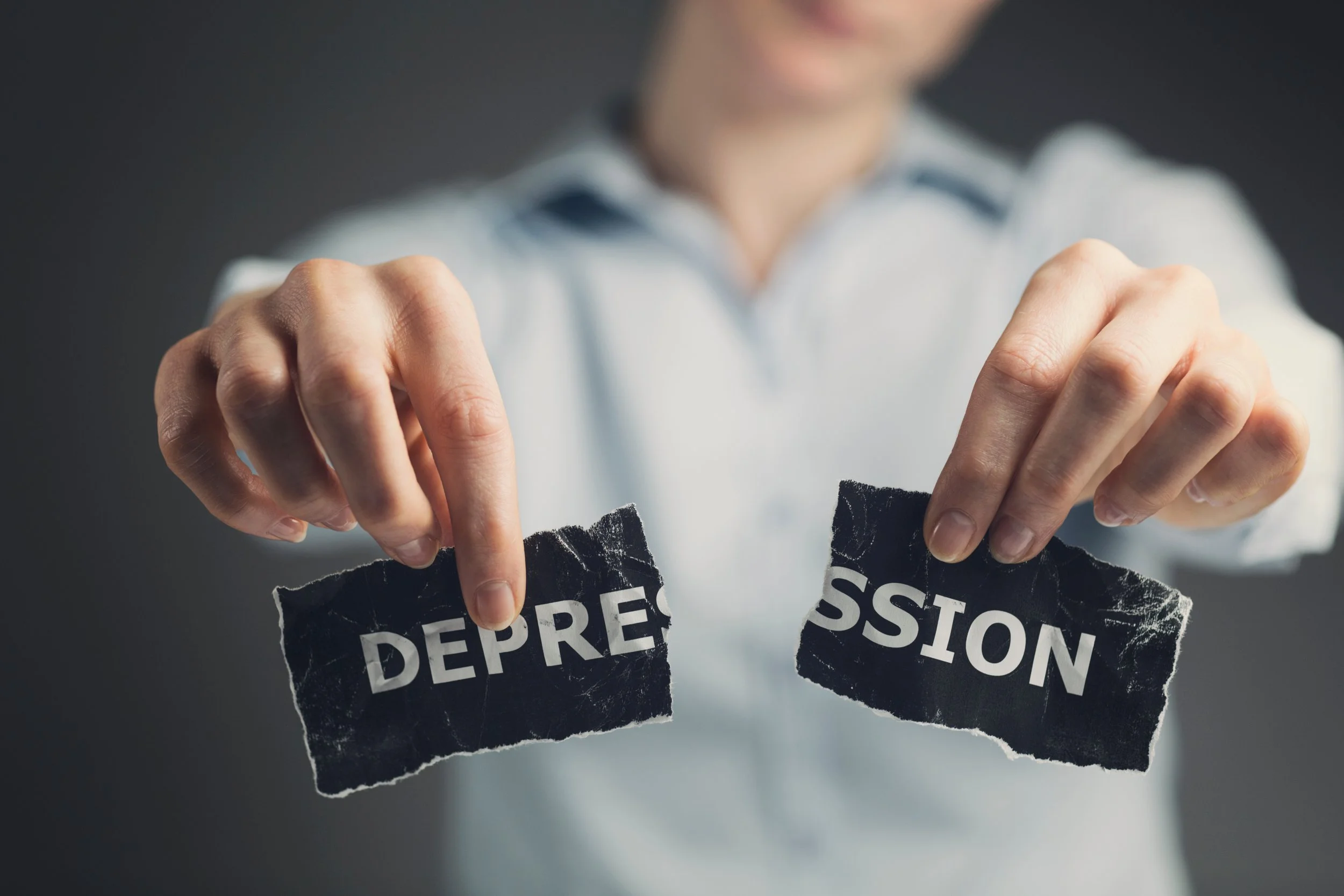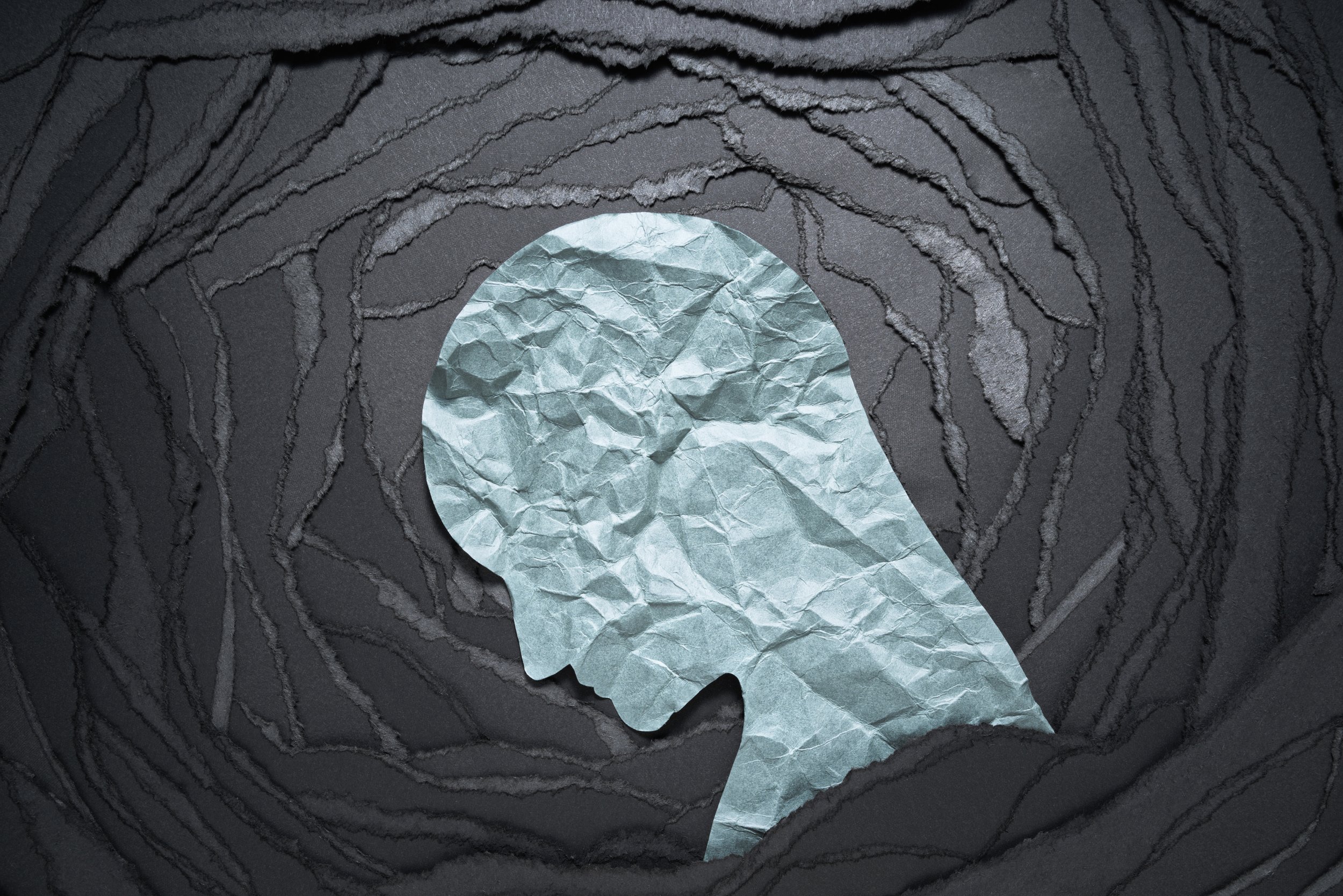Depression is more than just feeling sad. It's a common mental health condition that affects millions of people worldwide. Despite its prevalence, there's still a stigma surrounding depression that can make it difficult for individuals to seek help. In this guide, we'll break down the stigma surrounding depression, explain what depression is, and provide tips for seeking help.
What is Depression?
Depression is a mental health disorder characterized by persistent feelings of sadness, hopelessness, and loss of interest in activities. It can affect how you think, feel, and handle daily activities. Depression is not a sign of weakness or a character flaw—it's a medical condition that requires treatment.
Breaking the Stigma:
Depression is Not a Choice: It's important to understand that depression is not something you can "snap out of." It's a complex condition influenced by biological, psychological, and environmental factors.
It's Okay to Seek Help: Seeking help for depression is a sign of strength, not weakness. Talking to a trusted friend, family member, or mental health professional can provide support and guidance.
You're Not Alone: Many people struggle with depression, and there are resources and support available to help you navigate your journey to recovery.
Mental Health Matters: Just like physical health, mental health is essential for overall well-being. Taking care of your mental health is vital to living a fulfilling life.
Recovery is Possible: With the proper treatment and support, many people with depression can experience significant improvement in their symptoms and lead fulfilling lives.
Seeking Help:
Talk to Someone: Reach out to a trusted friend, family member, or mental health professional to share your feelings. Talking about your experiences can help you feel less alone and provide insight into the next steps.
Consult a Mental Health Professional: A mental health professional, such as a therapist or psychiatrist, can assess your symptoms, provide a diagnosis, and develop a treatment plan tailored to your needs.
Explore Treatment Options: Treatment for depression may include therapy, medication, lifestyle changes, and support groups. Working with your mental health provider is essential to find the best approach for you.
Practice Self-Care: Self-care activities such as exercise, healthy eating, getting enough sleep, and engaging in enjoyable activities can help improve your mood and overall well-being.
Stay Connected: Stay connected with supportive friends and family members, and consider joining a support group for individuals with depression. Building a support network can provide encouragement and understanding during difficult times.
Breaking the stigma surrounding depression starts with understanding that it's a familiar and treatable condition. By seeking help and talking openly about depression, we can create a more supportive and compassionate society where individuals feel empowered to prioritize their mental health. If you or someone you know is struggling with depression, remember that help is available, and recovery is possible.




